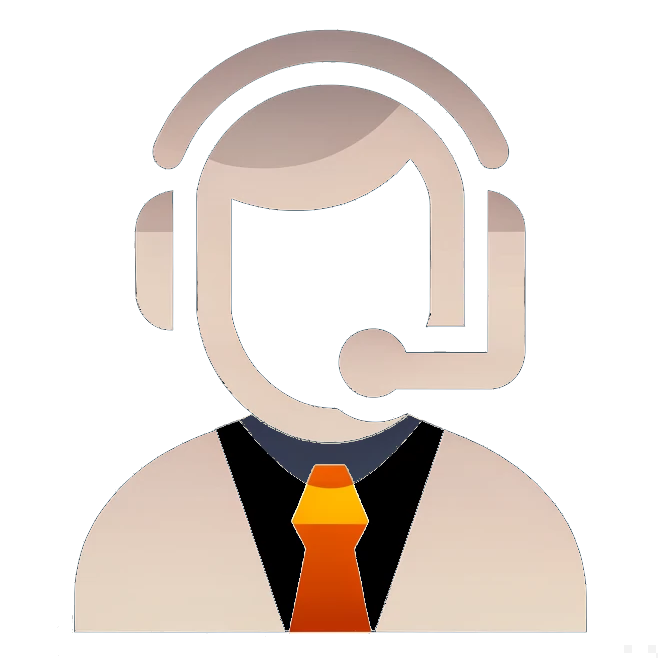In today’s rapidly evolving technological landscape, artificial intelligence (AI) is revolutionizing various aspects of our lives. From healthcare to finance, AI has the potential to transform industries and streamline processes. One area where AI is making significant strides is in the realm of interviews.
Traditionally, interviews have been conducted in-person or over the phone. However, with advancements in AI, companies are now exploring the use of AI-powered interview platforms to enhance the hiring process. These platforms utilize natural language processing (NLP) and machine learning algorithms to analyze candidate responses and provide valuable insights to recruiters.
One of the key benefits of using AI in interviews is its ability to remove bias from the hiring process. Human biases, whether conscious or unconscious, can influence hiring decisions and lead to discrimination. AI-powered interview platforms can help mitigate this issue by focusing solely on the candidate’s qualifications, skills, and experience, rather than personal characteristics that may introduce bias.
AI-powered interview platforms can also improve the efficiency and accuracy of the hiring process. These platforms can analyze large volumes of candidate responses in a fraction of the time it would take a human recruiter. By automating the initial screening process, recruiters can save time and focus on more strategic aspects of the hiring process.
Furthermore, AI can assist in assessing a candidate’s soft skills, which are often difficult to evaluate through traditional interviews. By analyzing speech patterns, tone, and facial expressions, AI-powered interview platforms can provide insights into a candidate’s communication skills, emotional intelligence, and problem-solving abilities.
While AI-powered interview platforms offer numerous benefits, it is important to note that they are not intended to replace human recruiters. Rather, they serve as a tool to augment and support the hiring process. Human involvement is still crucial for evaluating cultural fit, assessing complex scenarios, and making final hiring decisions.
Another aspect to consider when incorporating AI into interviews is the importance of transparency and ethics. It is essential for companies to be transparent about their use of AI in the hiring process and ensure that candidates are aware of how their data is being used and protected. Additionally, companies must ensure that the algorithms powering these platforms are fair, unbiased, and regularly audited to prevent any unintended discriminatory outcomes.
As AI continues to advance, the future of interviews is likely to be a hybrid of human and AI interaction. AI-powered interview platforms can enhance the efficiency, accuracy, and fairness of the hiring process, while human recruiters provide the essential human touch and decision-making capabilities. By embracing AI in interviews, companies can adapt to the changing landscape and make more informed hiring decisions.
In conclusion, AI is transforming the world of interviews by removing bias, improving efficiency, and assessing soft skills. However, it is important to use AI responsibly, ensuring transparency and ethical practices. The future of interviews lies in a harmonious collaboration between AI and human recruiters, resulting in a more effective and fair hiring process.

